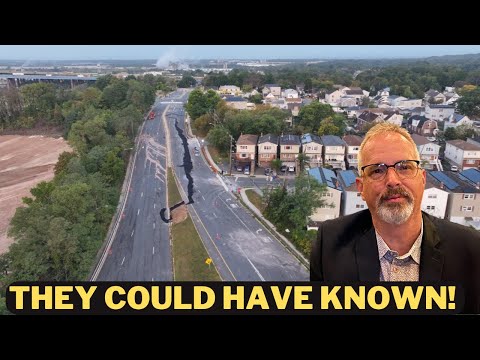Did you know that there are road engineering nerds and they do things like commission drone flights and mine interesting satellite data to understand major road failures like the one in NJ?
Thank god I'm obsessed with ants because this would easily take me. But, I know how ya'll are.
This will "awaken something" in someone on here I'm certain.

